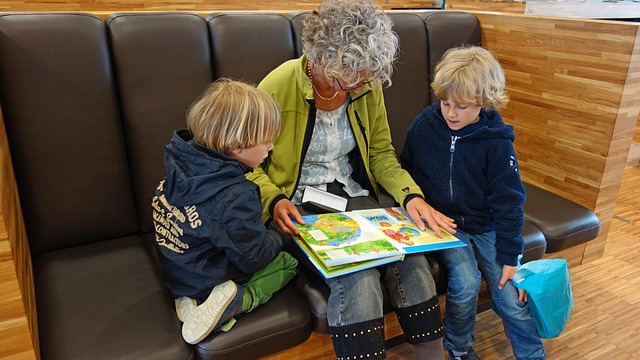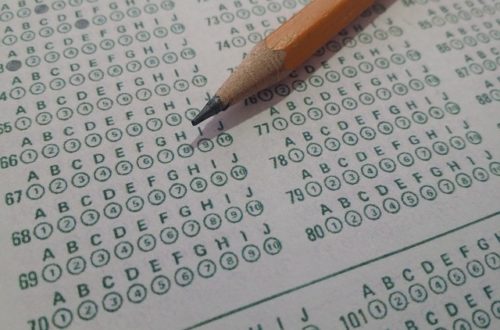What Is Expressive Language Disorder? How Do You Manage It?

Can you imagine living a life where you could not explain how you felt? You could not resort to speaking, writing or sign language to express your feelings. This is exactly what a child with expressive language disorder goes through, every waking moment of their lives.
Let us see a few problems a child with expressive language disorder faces –
- Use of non-specific vocabulary
- “Not enough” use of vocabulary
- Inability to recollect specific relevant words
- Poor grammar and sentence construction
- Inability to express their thoughts and ideas
- Incoherent sentences that do not convey a message clearly
- Difficulty in describing and defining
Kids with expressive language issues do understand what we are saying. They have trouble expressing their opinions about matters. There are some very significant signs you may have already noticed.
It starts during a child’s developing years. According to the American Speech Language hearing association, spoken language disorders like these are highly heterogeneous in nature. The therapy needs personalization for each case. Each person has a very different profile based on his or her current level of language functions, hearing and cognitive functions.
Any language intervention should happen with the goal of overall language development. The speech therapist should approach language skill introduction in an integrated manner. This should be in the context of current prognosis and progress. Goals should be variable and different for each individual’s needs.
Some basic principles govern the intervention regardless of the individual’s age.
- Teaching strategies for facilitating verbal communication. Teaching isolated behavior is often not as helpful.
- Providing individualized intervention based on the child’s unique needs and learning style.
- Include small and achievable treatment goals to help a child’s knowledge.
- The intervention program should be dynamic in nature. It should include multiple assessments in several stages.
According to age, the individuals who need speed therapy can fall into several categories –
- Preschoolers
- Elementary school children
- Adolescent students
- Transitioning youth and post-secondary students (they are special considerations for most speech, language and hearing institutes.)
What is the appropriate treatment for specific language disorders?
The treatment for people with ELDs can vary along a line of naturalness. It can range from simple speech-text activities to drill-based work inside a therapy room. For younger patients, the mode of treatment is often play-based. This makes the lessons seem more natural and a part of their daily lives.
The language experts usually determine the appropriateness of any therapy and treatment depending on all the factors as mentioned above. A recent study shows, people who suffer from SLDs are prone to problem behaviors. They require behavior interventions and techniques that specifically address the cause of their problems.
Can therapy improve behavior related issues?
They make small adjustments to the behavior of the concerned patient. This brings forth desired behavior and discourages inappropriate behavior patterns. Your therapist can resort to naturalistic approaches as well as one-to-one trial counselling sessions to make behavior adjustments.
What’s the prognosis?
Speech language disorders are becoming more common. A recent study done in Canada shows the incidence of language impairment in over 40% of all young adolescents with psychiatric disorders. Specific language impairment for kindergartners is over 7.4% in the central states of the USA. Therapists can help kids and adults enjoy a normal life as a functional individual with proper therapy, treatment and counselling sessions.
Would you like to receive similar articles by email?




